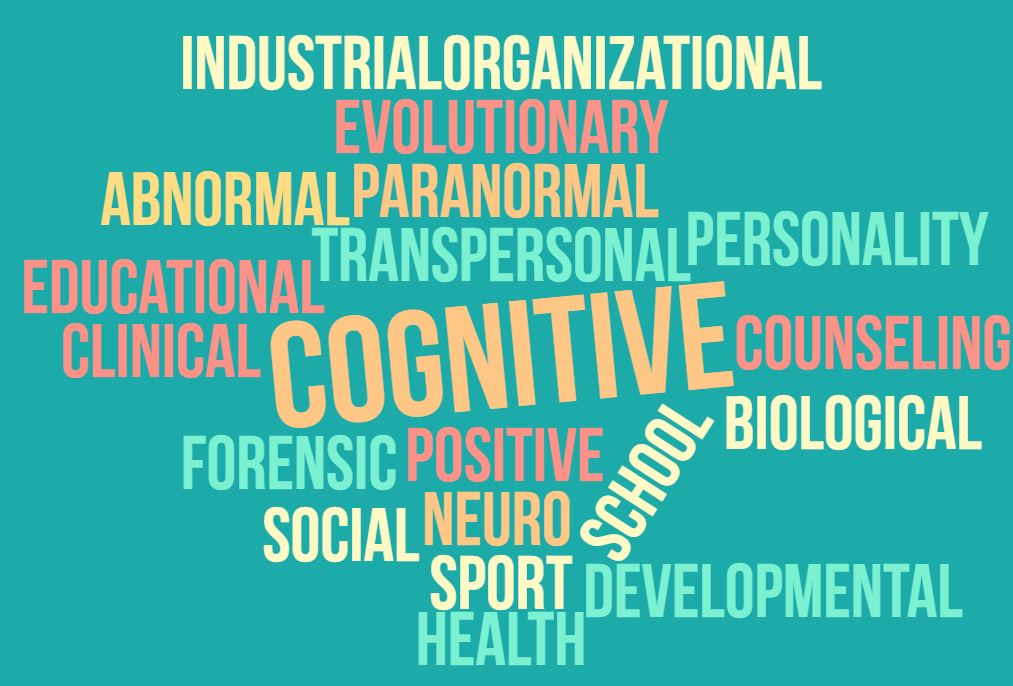
To comprehend simply how broad and deep the subject psychology truly is, let's take a more detailed look at some of its different branches
Tell anyone you're considering studying psychology and the inevitable action is "So, what am I thinking? Or "Can you read my mind?". It's a banality no psychologist will ever have the ability to evade.
But beyond mind reading, psychics, out-of-body experiences, recovered memories and lie detection, psychology is actually by definition, the study of mind and behaviour. And, while the uninformed may associate psychology with a comfortable couch, a pair of listening ears and a hypnotic pendulum, the field is in fact so vast that there's a slew of specialties loaded under its umbrella. After all, the human experience is a complex one, due to the fact that no single research study can ever fathom the incredible depths of our behaviour, feelings and thoughts.
Nevertheless, in an effort to right the misdirected humanistic presumptions, here are 10 of the most widely-known fields of psychology:
1. Clinical Psychology
This treatment-oriented branch of psychology deals with scientific ways of managing psychological problems. Also called counselling psychology or psychiatric therapy, it focuses on the prevention, understanding and treatment of psychological problems by way of psycho-therapeutic treatment.
2. Biopsychology
This branch of psychology takes a look at the role the brain and neurotransmitters play in affecting our thoughts, behaviours and sensations. It combines neuroscience and the research study of psychology.
3. Educational Psychology
Educational psychology is the clinical research study of human behaviour in an educational setting and, as such, it handles problems such as finding out conditions, adolescence behaviours, and so on. These studies focus mainly on the different developmental phases of teens and kids.
4. Cognitive Psychology
The branch of psychology that handles mental procedures, such as thoughts, memory and issue solving, is called cognitive psychology. In essence, it is interested in the understanding and analytical capability of the brain.
5. Forensic Psychology
The application of psychology to law making, police, the evaluation of witnesses, and the treatment of the crook is the task of the forensic psychologist. Also referred to as legal psychology, this branch of psychology is not different to clinical and cognitive psychology, but includes an extensive understanding of the law.
6. Social Psychology
Focussed on the mental elements of people within a neighborhood environment, neighborhood psychology checks out qualities such as connection, adjustment, diplomacy, empowerment, social justice, and so on. It is likewise described as important psychology.
7. Industrial Psychology
This branch of psychology addresses useful problems in the work environment through the application of mental concepts. Industrial psychologists, also called organisational psychologists, are used by companies to administer tests which determine worker aptitudes or abilities in working with and positioning programs.
8. Health Psychology
This branch of psychology observes how behaviour, biology and social context influence disease and health. Health psychologists normally work along with other medical professionals in clinical settings.
9. Experimental Psychology
Speculative psychologists work to understand the underlying reasons for behaviour by studying human beings and animals. They work primarily in a lab environment, exploring how different types interrelate and examining the evolutionary significance of specific behaviours.
10. Developmental Psychology
Developmental psychology is a branch of psychology that attempts to describe the advancement of humans with time, both in the micro sense, as they establish from infants to grow grownups, and in the macro sense, as the culture itself evolves through the decades and years.